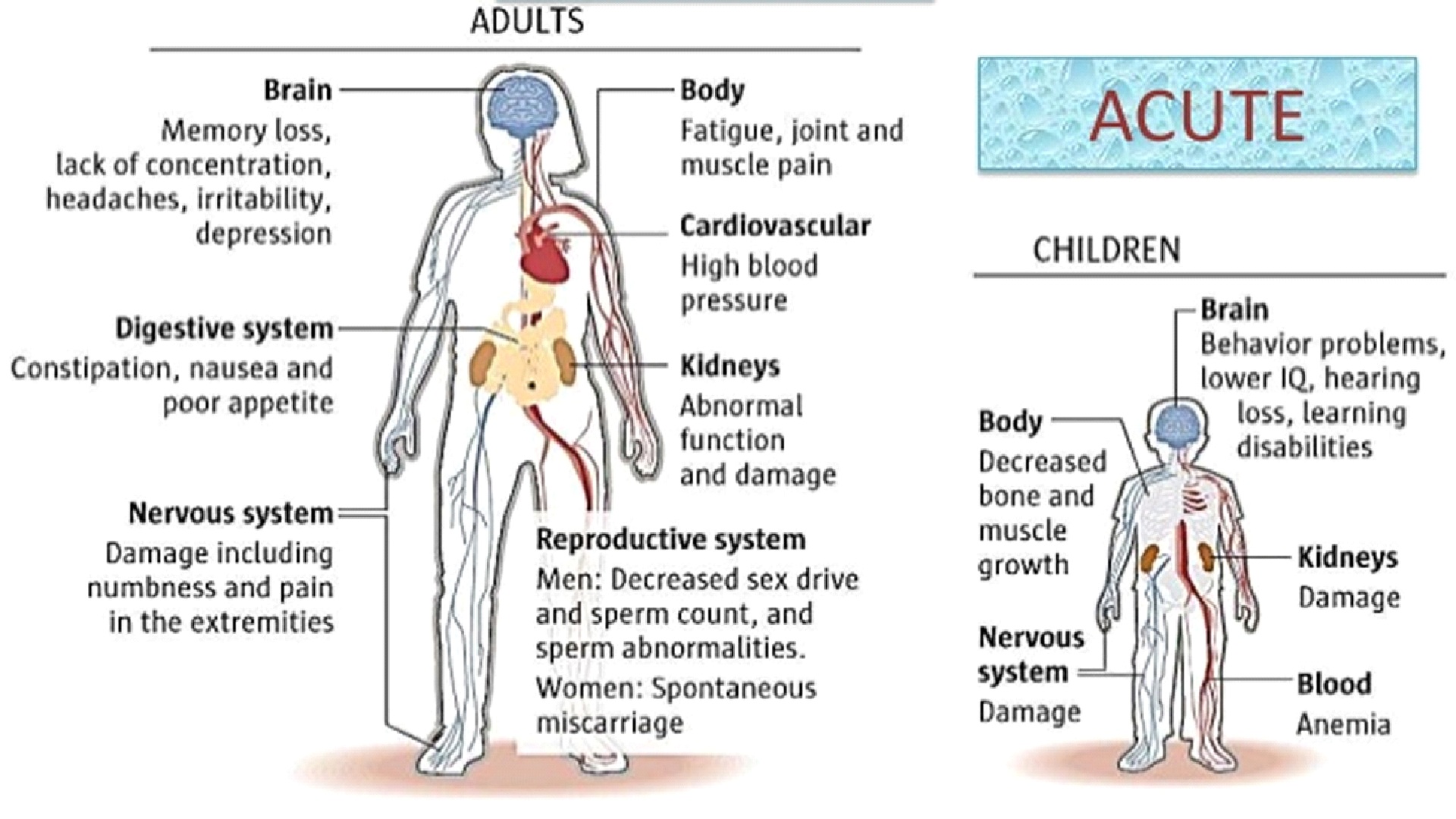It would be difficult for you to stick with healthy habits if you do not know why you aren’t feeling good as you should. What’s the point, if it’s not working? Tossing your healthy habits out the window is only going to make things worse for you and that’s why you should not give up on them.
There is always a reason and in cases like this, you may have heavy metal toxicity. Toxic metals like aluminum, cadmium, nickel, mercury, lead, and arsenic flood the environment and invade your body.

Signs you’re suffering from heavy metal toxicity:
Chronic and acute are two different types of heavy metal toxicity with different symptoms. You can easily recognize acute symptoms of toxicity because they tend to come on quickly and be severe.
Acute symptoms of toxicity include:
- Headaches
- Sweating
- Cramping, nausea, and/or vomiting
- Difficulty breathing
- Pain
- Mania
- Impaired cognitive, motor and language skills
- Convulsions
During chronic heavy metal toxicity, you will experience an avalanche of symptoms because toxic metals block the absorption and utilization of essential minerals.
Here are some of the signs of chronic exposure that you should remember:
- Chronic malaise- a frequent general feeling of fatigue, illness, and discomfort
- Chronic pain.
- Brain fog like being confused or forgetful
- Digestive issues
- Dizziness
- Migraines or headaches
- Mood swings
- Visual disturbances
- Depression or anxiety
- Female reproductive issues like infertility, miscarriage and menstrual problems
How to reduce the damaging effects?
DIET:
A nutritious diet is an important part of battling the mentioned toxins. There are certain guidelines for anyone who wants to improve their health and that excellent guide includes:
– Make at least one-third of your diet raw foods;
– Go for unpasteurized options of dairy products;
– Eat whole, natural foods from the earth. Aim for unprocessed, organic options and avoid sugar;
– Including vitamin C filled citrus fruits in your diet is crucial as well as antioxidant-rich foods. Also, sprouted nuts an seeds which are packed with vitamin E, and beta-carotene rich foods are a very important part of anyone’s diet for protection against metal toxicity;
– Consume zinc-rich foods such as kefir and beans. Also, you should fill your diet with magnesium-rich foods like spinach, broccoli, and pumpkin seeds;
– Eat locally grown and more fermented foods;
– Consume healthy fats and avoid consuming omega-6 fats from vegetable oils.
When you are deficient in essential minerals, the body turns to toxic metals as an alternative. That’s why your nutrition is crucial when faced with metal toxicity. Moreover, essential nutrients are vital for aiding the natural detoxification process.
